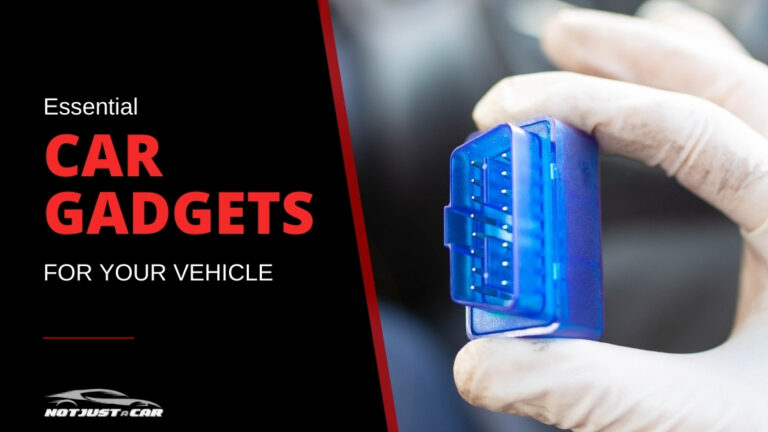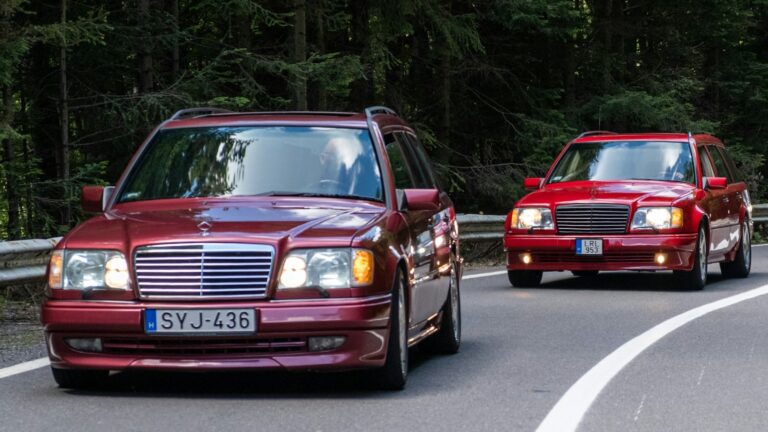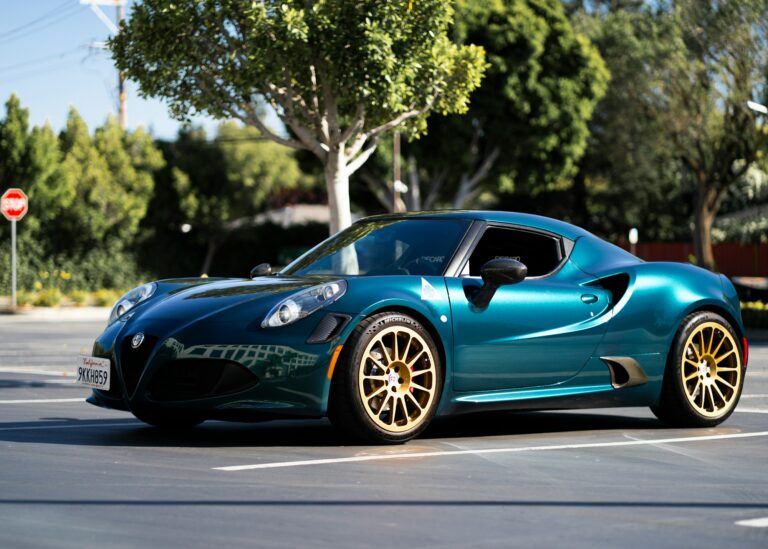Is This the End of the Physical Car Key?
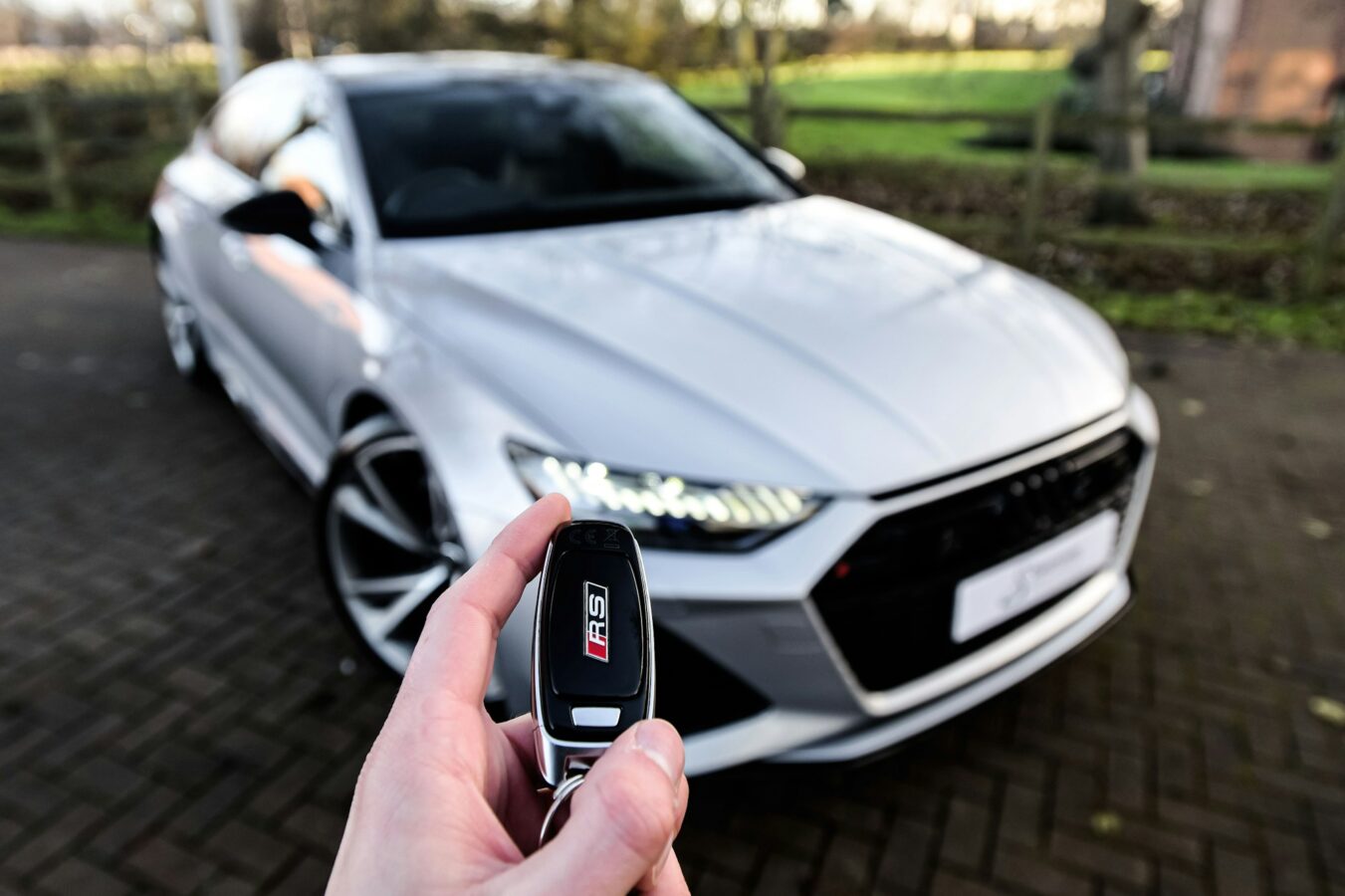
Is the trusty car key, that hunk of metal and plastic we’ve all jammed into ignition slots or kept tucked in our pockets, on its way out? It’s a legit question, especially with the industry pushing hard into phone-as-a-key tech and those sleek key cards. We’re gonna dive deep into this future trend, unpacking the pros and cons, especially when it comes to security and the sheer convenience of it all.
Are Physical Car Keys Becoming Obsolete?
- Phone-as-a-key and key cards are rapidly replacing traditional fobs.
- UWB technology significantly enhances digital key security, combating relay attacks.
- Convenience factors include seamless access and digital sharing capabilities.
- Potential downsides involve reliance on phone battery life and new security vulnerabilities.
- The transition signals a major shift in automotive access and ownership.
The Dawn of the Digital Key Fob
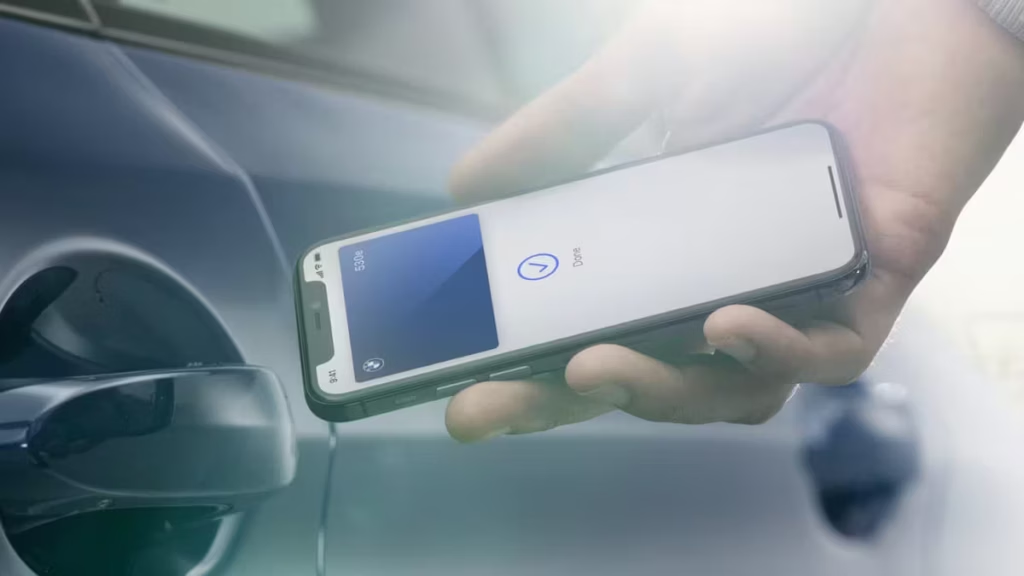
Man, it’s almost midnight here, just finished tweaking some code for the site, and thinking about how much cars have changed. Used to be, your car key was just that – a key. Maybe a remote unlock button if you were fancy. Now, it’s all about the digital handshake. We’re seeing a massive pivot towards phone-as-a-key and key cards, spearheaded by companies like Tesla and quickly adopted by the big German players.
I think it was Tesla that kinda kicked this off in a big way with the Model 3 back in mid-2017. They gave you a minimalist key card that uses NFC (Near Field Communication) – you tap it to the B-pillar to unlock, and place it on the center console to start. But the real game-changer was the phone key, which connects via Bluetooth LE (Low Energy), letting you walk up, and the car just unlocks.
Pure magic when it works, and a total headache when your phone battery dies. BMW, not one to be left behind, rolled out its Digital Key, initially NFC-based with the 2021 BMW 5 Series, requiring you to place your phone on the wireless charging pad to start the engine. They then upped the ante with Digital Key Plus, using Ultra-Wideband (UWB) technology, first seen in the 2022 BMW iX and i4, allowing true passive entry and start without even taking your phone out of your pocket.
Security: Beyond the Relay Attack
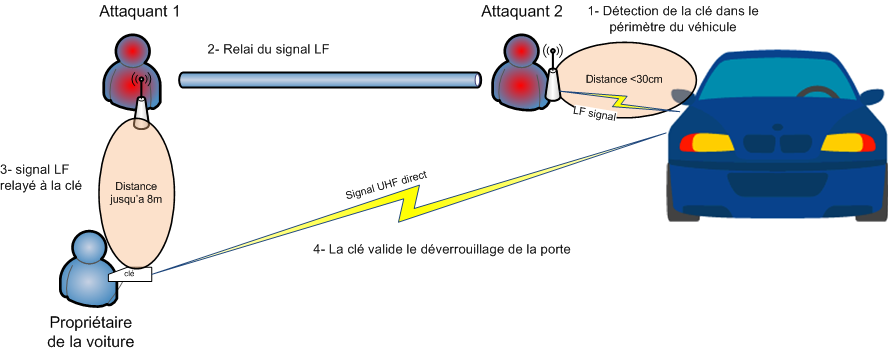
Okay, so everyone’s always worried about security, right? Especially when you’re talking about your ride. Traditional key fobs, even the modern ones, have been susceptible to relay attacks. Basically, bad actors use devices to amplify the signal from your key fob inside your house to someone near your car, unlocking it and driving off. It’s nasty stuff.
This is where the new tech, especially UWB, comes in swinging like a freight train. UWB, unlike traditional radio frequencies, uses super-short, high-frequency pulses to precisely measure distance and direction. Your car doesn’t just know your phone is nearby; it knows exactly where it is, down to a few centimeters. This spatial awareness makes relay attacks practically impossible. If the car senses the “key” isn’t actually inside the vehicle or within a very specific proximity, it simply won’t start or unlock.
BMW Digital Key Plus, for example, leverages this UWB tech, making it a significantly more secure option than its NFC-only predecessor or most traditional fobs. Apple’s CarKey, integrated with iOS, also supports UWB on newer iPhones (XR/XS and later) and Apple Watches (Series 5 and later), working with compatible cars from brands like BMW, Genesis, Hyundai, and Kia. This means your iPhone or Apple Watch becomes your ultra-secure car key.
Convenience: The Double-Edged Sword
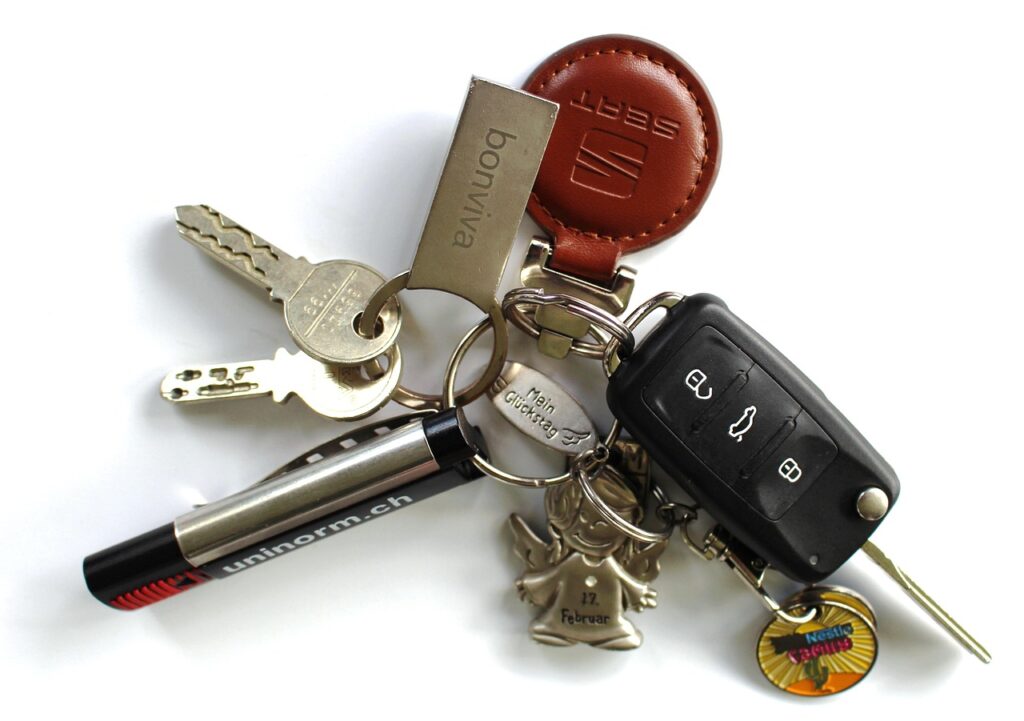
Let’s talk convenience, because that’s the real sell for most people. Not having to carry a bulky key fob? Sign me up! I mean, my F31 fob isn’t huge, but it’s still another thing in my pocket. With phone-as-a-key, your phone is already with you 99% of the time. Passive entry, remote lock/unlock, even pre-conditioning the cabin – it’s all seamless. Plus, the ability to digitally share keys with family or friends via an app is HUGE. No more hiding a spare key under a rock or playing musical fobs.
But here’s the rub, and it’s a big one: what happens if your phone battery dies? Total nightmare scenario, right? You’re stranded. Sure, some systems have a backup (like BMW’s NFC key card or a traditional valet key), but it’s still an extra layer of thought you need to consider. Also, if your phone gets lost or stolen, that’s not just your personal data at risk, but your car access too. While these systems are usually secured with biometrics (Face ID, Touch ID) and robust encryption, it’s still a point of vulnerability. Plus, let’s be real, sometimes Bluetooth acts up. Or the app crashes. Or your phone decides it doesn’t want to talk to your car today. It’s generally reliable, but when it fails, it FAILS.
But then again, I remember when I changed the battery on my key fob, it was a bit of a pain in the behind… because I searched everywhere for that CR2450 that my BMW fob uses, and couldn’t find any. Luckily, I found it on a website and ordered it from there, but regular brick-and-mortar stores? Nope.
The Future is Here, But What’s the Cost?
The shift is undeniable. Almost every major manufacturer is either offering or developing their own version of a digital key. Mercedes-Benz has its Digital Vehicle Key, Hyundai and Kia have their NFC Digital Key systems. It’s becoming standard kit on higher trims and newer models. The convenience factor for daily driving is pretty sweet, especially when you can just walk up to your car, and it just… opens.
The cost, though? Well, for the most part, the tech is integrated into the car’s infotainment system and, if you have a compatible smartphone, it’s part of the package. But what about when things go wrong? Losing a traditional key fob can set you back anywhere from $200 to $500+ to replace and program. A replacement key card, like Tesla’s, is usually much cheaper, often around $35 to $50. But if your phone is your only key (it probably won’t be tho) and it gets bricked or lost, you’re looking at a new phone and potentially a trip to the dealer for a temporary solution until your new device is paired. It adds another layer of dependency on your mobile device ecosystem.
I mean, I love tech, but sometimes I just want to twist a key, you know?
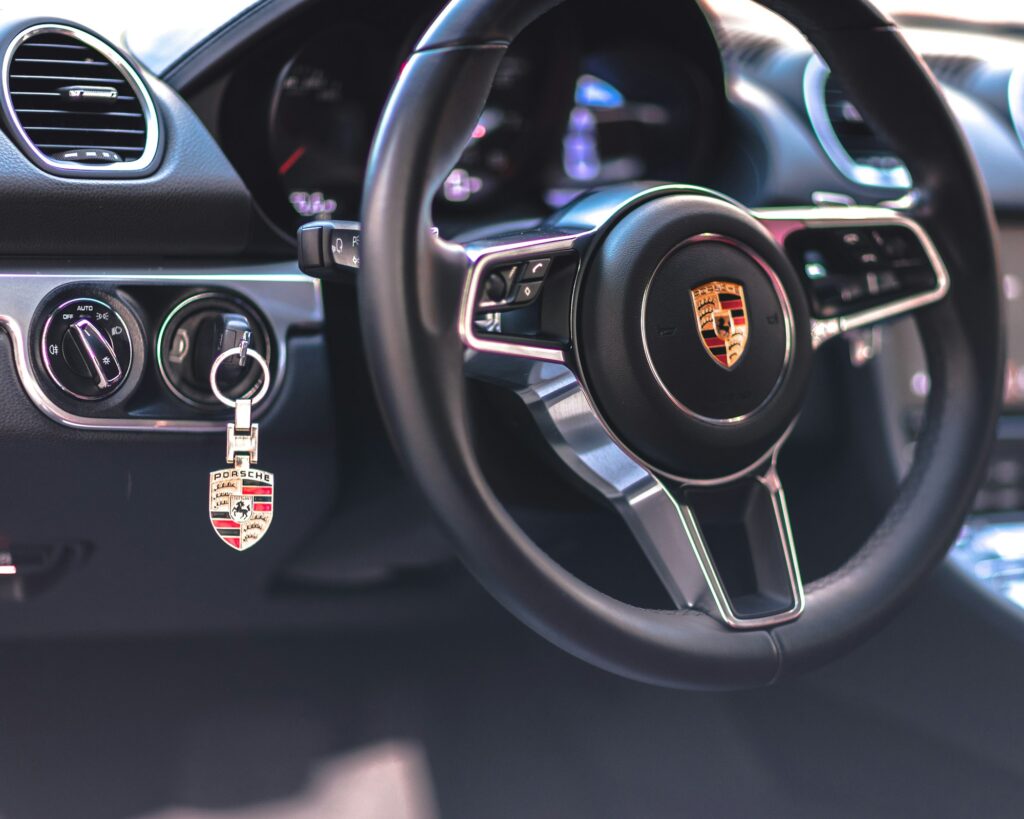
I think Porsche does it right, like always, and even today on their new models that are full to the brim with high-tech wizardry, they still maintain that signature left side key slot for that “old-school” feeling.
FAQ About Digital Car Keys
What is a relay attack?
A relay attack uses devices to capture and retransmit a key fob’s signal over a longer distance, tricking a car into thinking the key is nearby, allowing thieves to unlock and start it.
How does UWB (Ultra-Wideband) improve digital key security?
UWB precisely measures the distance and direction of the digital key (your phone), making it virtually impossible for attackers to perform relay attacks by amplifying the signal.
What happens if my phone battery dies and it’s my only car key?
If your phone battery dies, you may be unable to unlock or start your car; most systems offer a backup, such as an NFC key card, a physical valet key, or a limited-power mode on some phones.
Which car brands offer phone-as-a-key functionality?
Major brands like Tesla, BMW, Mercedes-Benz, Hyundai, Kia, and Genesis offer various forms of phone-as-a-key, often leveraging technologies like NFC, Bluetooth, and UWB.
Can I share my digital car key with others?
Yes, most digital key systems allow secure sharing of access rights to your vehicle with other users via an app, often with customizable permissions and time limits.


